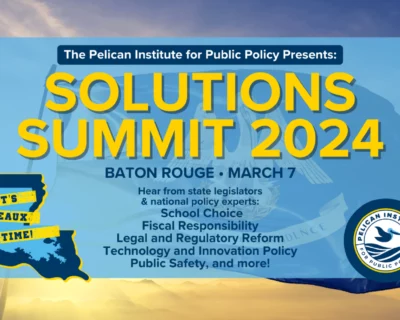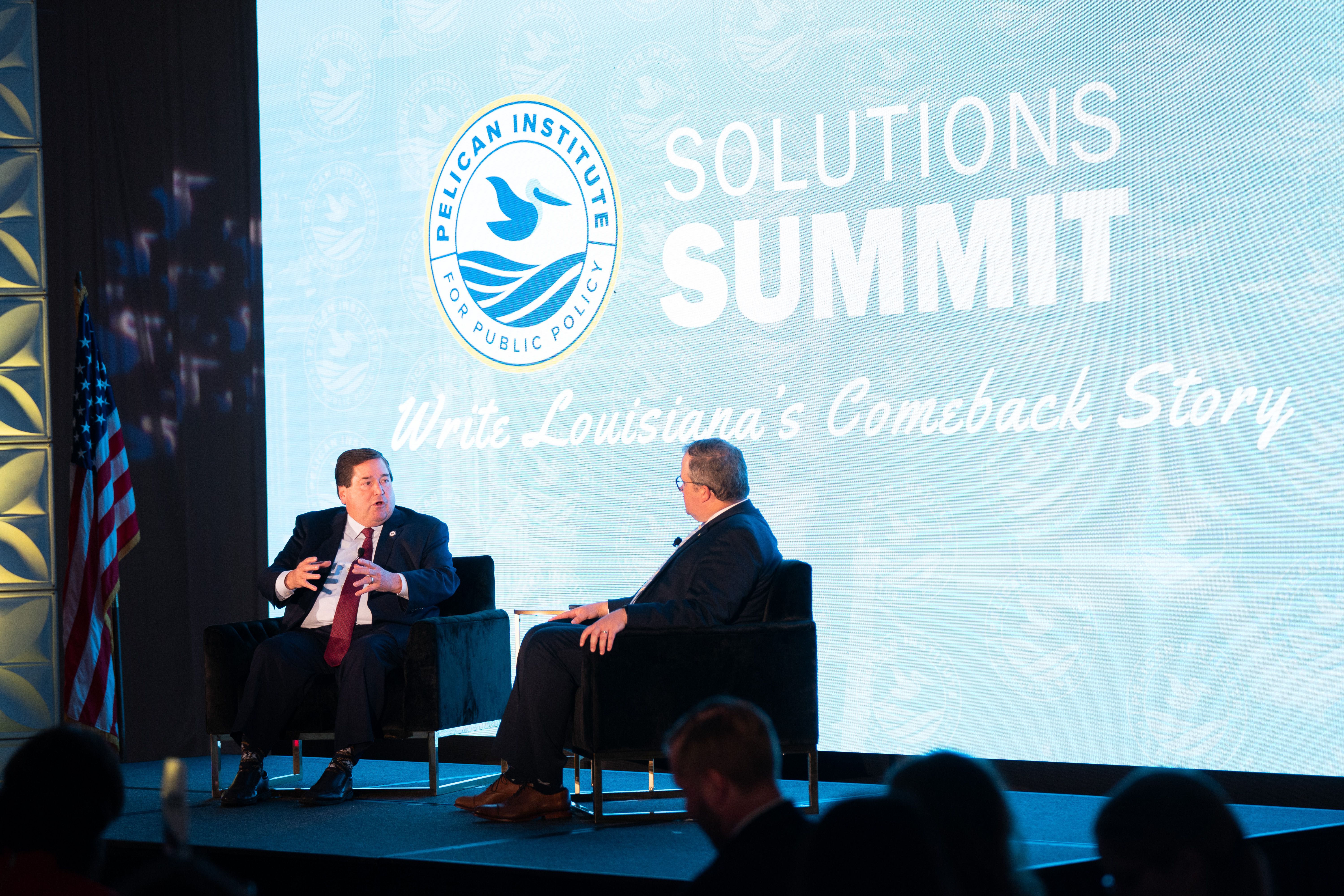Maureen Dowd’s Misplaced Anger
In a recent New York Times column entitled Virtuous bankers? Really!?!,Maureen Dowd goes after Goldman Sachs and other Wall Street banks for the bonuses being paid to employees after “throwing the entire world into crisis.”Dowd ridicules Goldman CEO Lloyd Blankfein, who argues, “Banks are really serving the greater good” by helping companies to raise capital, which creates jobs, and the creation of more wealth.
Dowd fails to note that government bailouts of American banks are not a new phenomenon.In 1995, American investment banks were heavily leveraged in order to buy high-yield, high-risk bonds from the Mexican government.The Mexican government was on the verge of defaulting on these bonds, which would cause billions in losses.Going against the wishes of Congress, President Bill Clinton established a line of credit for the Mexican government that ensured American banks were paid back, profits intact, all at the expense of the taxpayer.
This sent a clear message to Wall Street: Do not worry about making sound financial decisions.If the problem gets too large, the government will be there for you.This was reinforced in 1997 in Asia and 1998 in Russia when Wall Street banks were again bailed out.
Dowd’s anger is misplaced.One can hardly fault a company for going after high returns when the government is assuming the risk.Further, the government encouraged banks to take on more risk by pushing risky lending practices.Under these circumstances, who can be surprised when banks look to government for support when their deals implode?
The solution is simple.The government should not bail out financial institutions, outside of those protected under FDIC guidelines.A free market does a better job of mitigating risk as long as the government allows it to.
Wall Street bankers may make convenient targets for our wrath, but don’t forget the role of the policy makers who created a system where reward goes to the bank but risk is borne by the taxpayer.




